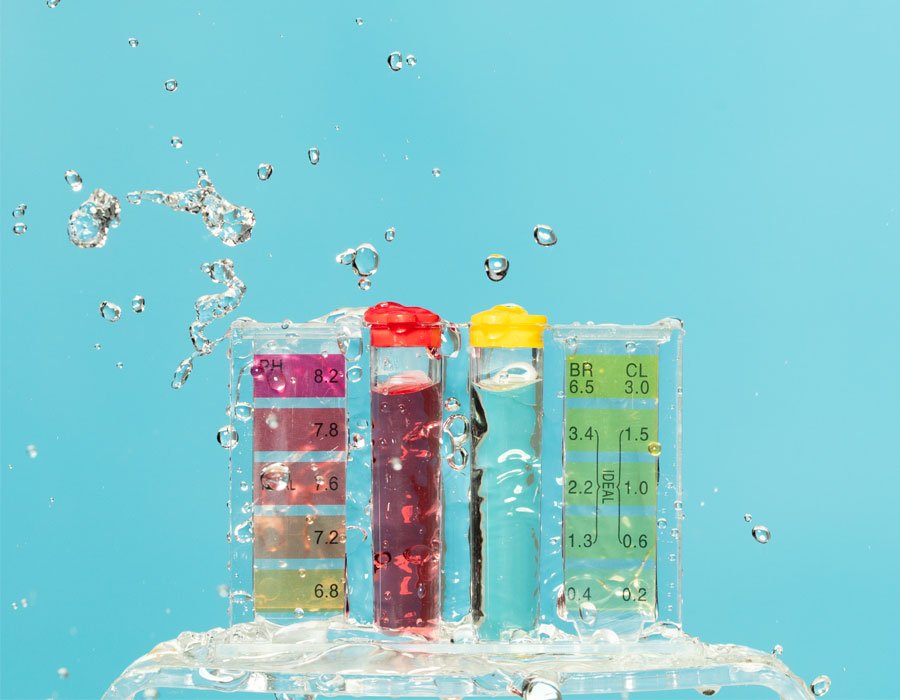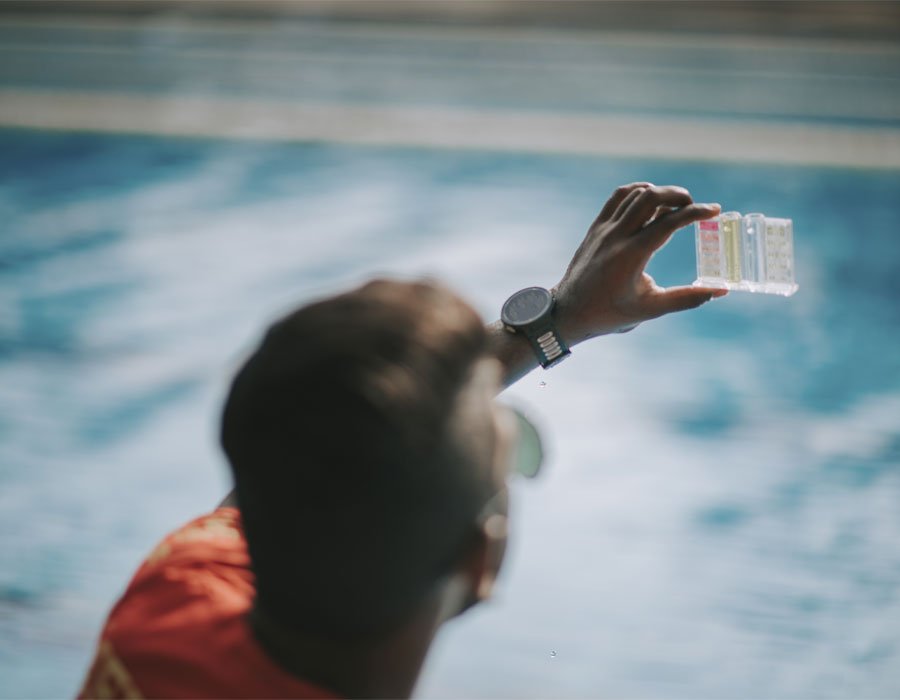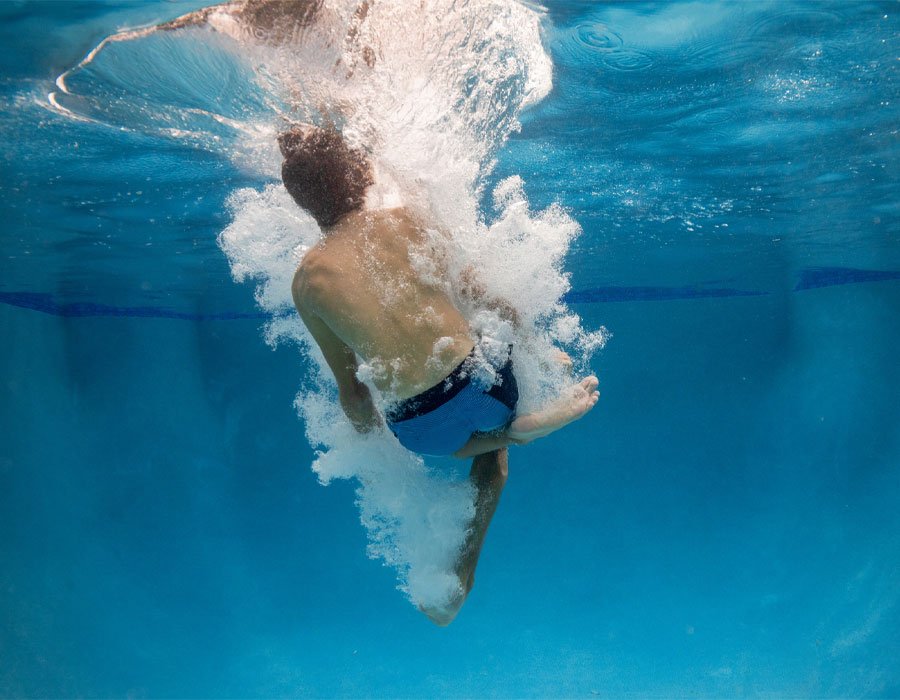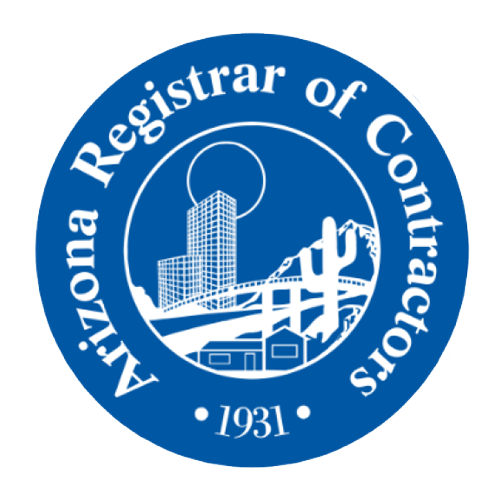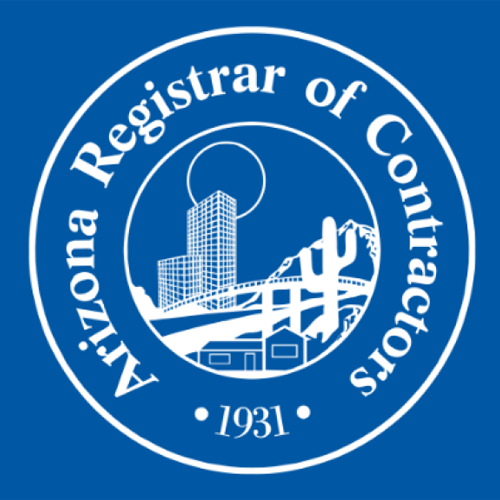Frequently Asked Questions
How long can pool water sit before testing?
Pool water should ideally be tested within 24 hours of collection to ensure accurate results. Waiting longer can lead to changes in water chemistry, affecting the reliability of the test.
How accurate are the pool water testing results from local Scottsdale companies?
The accuracy of pool water testing results from local Scottsdale companies can vary based on the technology and methods used. Professional services often utilize advanced testing equipment, ensuring precise readings that help maintain optimal water quality.
How long do pool water testing results take to receive in Scottsdale?
The time to receive pool water testing results in Scottsdale typically ranges from 24 to 48 hours after the sample is collected. This ensures you have timely information to maintain optimal water quality.
What are the risks of using DIY pool water testing kits in Scottsdale?
The risks of using DIY pool water testing kits in Scottsdale include inaccurate readings, which can lead to improper chemical adjustments, unsafe water conditions, and potential damage to pool equipment. This can compromise safety and overall pool enjoyment.
How does professional pool water testing compare to DIY testing kits in Scottsdale?
Professional pool water testing offers more accurate and comprehensive results compared to DIY kits in Scottsdale, utilizing advanced technology for precise readings and expert analysis, ensuring optimal water safety and quality that DIY kits may not achieve.
How can improper pool water testing affect my familys health and safety?
Improper pool water testing can significantly jeopardize your family's health and safety. It may lead to unbalanced chemical levels, resulting in skin irritations, respiratory issues, or waterborne illnesses, compromising the overall enjoyment and safety of your swimming experience.
What are the key chemical levels to monitor in pool water testing?
The key chemical levels to monitor in pool water testing include pH, chlorine, alkalinity, and calcium hardness. Maintaining these levels ensures safe swimming conditions, optimal water clarity, and the longevity of your pool equipment.
What processes do pool service companies use to ensure chemical balance and safety?
Pool service companies ensure chemical balance and safety through regular water testing, using advanced tools like the Spin Touch tester. They analyze chemical levels, adjust as necessary, and provide ongoing maintenance to keep pool water safe and comfortable.
How do different pool water testing methods affect water quality results in Scottsdale?
Different pool water testing methods can significantly impact the accuracy of water quality results in Scottsdale. Professional testing, like Luna Pool Service’s advanced Spin Touch method, provides precise readings compared to at-home kits, ensuring safer and more effective pool maintenance.
What factors influence pool water testing accuracy?
The factors that influence pool water testing accuracy include the quality of testing equipment, the timing of tests, sample handling, and environmental conditions. Proper calibration and maintenance of tools, along with careful sample collection, are essential for reliable results.
How often should I test my pool water?
The frequency of testing your pool water is essential for maintaining optimal water quality. It is recommended to test your pool water at least once a week, especially during peak swimming seasons, to ensure safety and comfort.
What are common signs of pool water imbalance?
Common signs of pool water imbalance include cloudy water, skin irritation, and algae growth. Additionally, imbalanced water can lead to corrosion of pool equipment and surfaces, indicating the need for professional testing and adjustments.
How do temperature changes affect pool water testing?
Temperature changes significantly impact pool water testing by influencing chemical reactions and the solubility of substances in the water. Accurate testing requires consistent temperature conditions to ensure reliable results and appropriate chemical adjustments.
What equipment is used for professional pool testing?
Professional pool testing equipment includes advanced tools like the Spin Touch water tester, which provides accurate chemical readings, as well as test kits for pH, chlorine, alkalinity, and other essential water balance parameters.
How can I ensure accurate DIY pool testing?
To ensure accurate DIY pool testing, regularly calibrate your testing kit, follow the manufacturer's instructions precisely, and collect water samples from elbow-deep in the pool away from skimmers and return jets for the best results.
What are the benefits of regular pool water testing?
The benefits of regular pool water testing are significant. It ensures safe swimming conditions, maintains water clarity, prevents equipment damage, and optimizes chemical balance, ultimately enhancing the longevity and enjoyment of your pool.
How do I interpret pool water test results?
Interpreting pool water test results involves understanding key chemical levels such as pH, chlorine, alkalinity, and calcium hardness. Each parameter indicates water quality and safety; for example, balanced pH ensures comfort, while proper chlorine levels kill harmful bacteria.
What chemicals are essential for pool water balance?
The chemicals essential for pool water balance include chlorine for sanitation, pH balancers to maintain acidity levels, alkalinity increasers to stabilize pH, and calcium hardness to prevent corrosion. Properly balancing these chemicals ensures safe and enjoyable swimming conditions.
How can I improve my pool water quality?
Improving your pool water quality involves regular testing and balancing of chemicals, maintaining proper filtration, and ensuring adequate sanitation. Consider professional testing services for accurate results and tailored adjustments to keep your water safe and enjoyable.
What are the consequences of neglecting pool testing?
Neglecting pool testing can lead to unsafe water conditions, resulting in health risks for swimmers, potential damage to pool equipment, and increased costs for repairs and chemical treatments. Regular testing is essential for maintaining water quality and safety.
How do local regulations affect pool water testing?
Local regulations significantly influence pool water testing by establishing standards for water quality and safety. Compliance with these regulations ensures that pool owners maintain safe swimming conditions and avoid potential health risks associated with improper water management.
What should I do if my pool water is cloudy?
Cloudy pool water can indicate issues with water chemistry or filtration. To address this, test the water for pH, chlorine, and alkalinity levels, then adjust accordingly. Additionally, ensure your filter is clean and running efficiently.
How can I choose a reliable pool testing service?
Choosing a reliable pool testing service involves researching their credentials, reading customer reviews, and ensuring they utilize advanced technology for accurate results, like the Spin Touch water tester used by Luna Pool Service.
What is the best time to test pool water?
The best time to test pool water is during the early morning or late afternoon. This ensures accurate readings, as water temperatures are more stable and less affected by the sun's heat, providing a clearer picture of water quality.
How do pool testing kits differ in effectiveness?
Pool testing kits differ in effectiveness based on their accuracy, ease of use, and the range of parameters they can measure. Professional kits often provide more precise readings and comprehensive analyses compared to standard at-home kits, ensuring better water quality management.
What are the most common pool water contaminants?
The most common pool water contaminants include bacteria, algae, and organic debris, as well as chemicals like chlorine and pH imbalances. Regular testing and maintenance are crucial to ensure safe and clean swimming conditions.
How can I maintain safe pool water levels?
Maintaining safe pool water levels involves regularly testing the water for pH, chlorine, and alkalinity, and making necessary chemical adjustments. Additionally, ensure proper filtration and circulation to keep the water clean and balanced for safe swimming.
What should I know about pool water testing frequency?
The frequency of pool water testing is crucial for maintaining water quality and safety. It's recommended to test your pool water at least once a week, especially during peak usage seasons, to ensure proper chemical balance and prevent issues.
How do I prepare for a professional pool test?
Preparing for a professional pool test involves ensuring the pool area is accessible and clean, removing any debris from the water surface, and avoiding the addition of chemicals at least 24 hours prior to the test for accurate results.
What are the costs associated with pool water testing?
The costs associated with pool water testing vary based on service frequency and specific tests required. Typically, Luna Pool Service offers competitive pricing for weekly on-site testing and detailed chemical adjustments to ensure optimal water quality.
